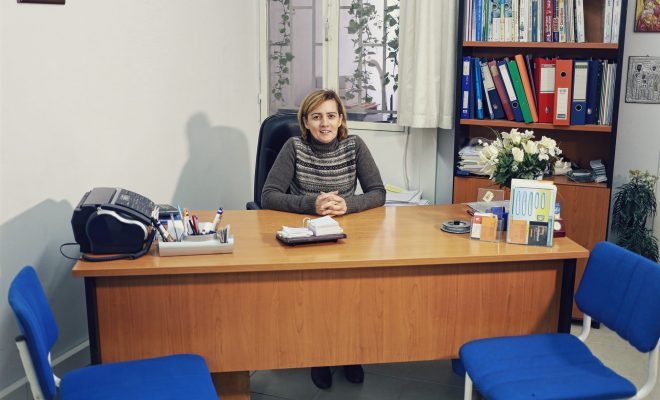To Raise Smart Kids, Developing This Skill Early On Is Essential

Everyone wants to raise their children to be smart, successful individuals. But many parents, teachers, and school districts are struggling to emphasize what’s most important for the development of their children.
School districts tend to emphasize mastery on standardized tests that usually consist of recalling facts and regurgitating information. Parents, and sometimes teachers, tend to emphasize completed work and good grades more than anything else. But there is increasing research to show that the most important skill children need to develop- far more important than the ability to recall information or write cohesive stories or create colorful project posters- is critical thinking.
What is critical thinking and why is it so important?
Critical thinking is the ability to think clearly and rationally in order to solve problems. A test question asking a student to recall the year in which Christopher Columbus sailed to America requires no critical thinking whatsoever. However, a question that asks students to evaluate and discuss the possible ethical implications of taking over a native people does require critical thinking.
In 2016, the World Economic Forum said that critical thinking was the 4th most important skill in the workforce, but that they expected critical thinking to become the 2nd most important skill in the workforce by 2020, second only to complex problem solving, which is a highly related skill.
Critical thinking is used in every subject and is therefore a highly important skill in any career. Critical thinking is also crucial for developing other skills such as self-reflection, language, and presentation skills. Critical thinking promotes the growth of self-motivated, self-guided learners that make informed, rather than hasty, decisions.
How can I teach my child to think critically?
At its simplest, critical thinking involves solving problems with your own self-directed processing and reasoning abilities. To help your children learn to develop this invaluable skill at an early age, there are a few things you can do to build a solid foundation:
- Provide frequent opportunities for open, imaginative play
All too often parents unintentionally restrict the creativity of their child’s play time. Children don’t need a million expensive toys designed to exercise their brains- children need free time to play in the backyard and get creative with mud. They need time to combine all of their toys to create something cohesive. Don’t get too hung up on all of their toys getting mixed together or their knees getting dirty- developing their critical thinking skills is more important than organization or cleanliness.
- Ask open-ended questions
Instead of asking your child for one-word answers, ask open-ended questions that require critical thinking. You can ask questions such as:
o Why do you think the character acted like that?
o Why do you think the dirt turns to mud when you pour water on it?
o What do you think will happen next in the story?
- Use wait time
This is a technique frequently employed by teachers. Wait time refers to the time between you asking a question and your child giving an answer. Often, as adults, we want to immediately answer our own questions that are supposed to be directed to our children. But it’s incredibly important to give your child the time she needs to think of the answer and then figure out how to phrase it into words. Be patient during wait time no matter how much you may want to help her answer the question more quickly.
Adults with strong critical thinking skills didn’t learn those skills overnight- they started developing a firm foundation for critical thinking from a young age and cultivated this skill throughout their time in school. When children grow up being able to think critically, they lead their peers in academic excellence. You can help make this difference for your child.






